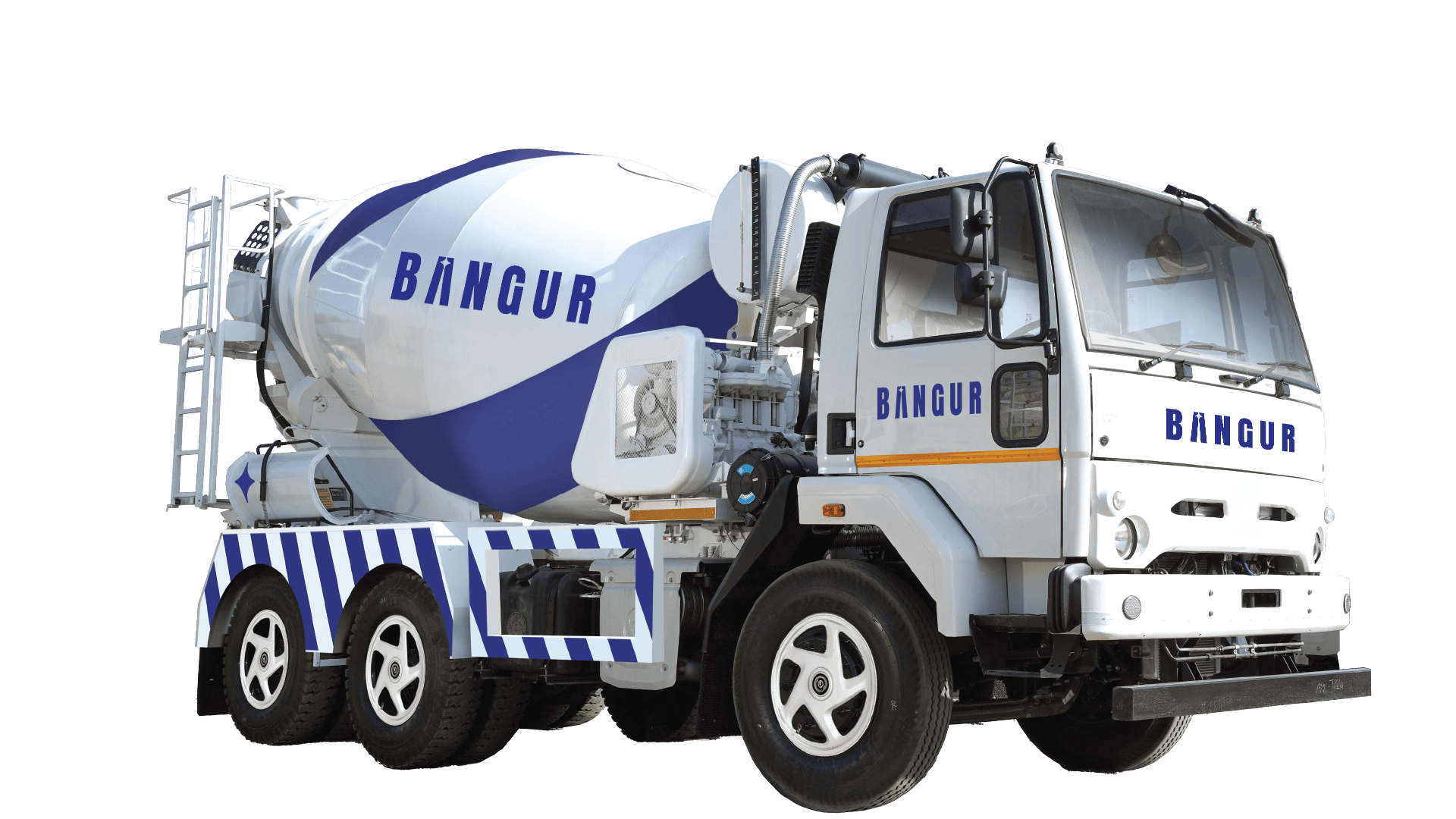
Looking for Cement Dealers Near You? Here's What to Know Before You Buy or Start a Dealership
- Aug 19
- 3 min read
Whether you're planning a construction project or thinking about entering the building materials business, you'll eventually type “cement dealers near me” or explore how to get a cement dealership. And while both goals sound straightforward, there's more to them than just a quick search or phone call.
In this blog, we'll look at how to find reliable cement suppliers nearby and what it takes to start your own dealership, from licenses to margins.
If You’re Looking to Buy: How to Find the Right Cement Dealer Near You
Choosing the right dealer isn't just about proximity. It's also about quality, pricing, service, and after-sales support. Here’s how to find someone who ticks all the boxes.
1. Prioritize Local + Verified Suppliers
Buying from a local cement dealer helps you reduce transport costs and get faster deliveries. However, make sure the dealer is officially recognized and sells genuine, certified cement.
2. Compare Prices for Bulk and Retail
Cement prices can vary daily. Contact at least 3 dealers and compare:
Price per 50 kg bag
Bulk purchase discounts
Transportation charges
Credit terms (if available)
3. Ask These Questions Before Placing an Order
To avoid surprises later, clarify:
Is the cement fresh (less than 90 days old)?
Which brands are available?
Can they deliver to your location?
What are their return or damage policies?
Table: What Makes a Cement Dealer Reliable?
Feature | Why It Matters |
|---|---|
Stock freshness | Old cement loses strength |
Brand options | Gives you choice based on need and budget |
Proper storage | Prevents moisture damage |
Transparent billing | Reduces chances of hidden charges |
Delivery support | Saves time and labour |
If You’re Planning to Sell: What You Should Know About Cement Dealership
If you’re interested in starting a cement dealership, the process involves more than just stocking bags. It’s a real business that requires planning, paperwork, and investment.
1. Choose the Right Brand to Represent
Top brands often have their own dealership criteria. Most require:
A minimum working capital
Storage space (godown)
Basic infrastructure like weighing machines, delivery vehicles, and a GST number
Popular brands may also provide:
Promotional material
Staff training
Tech support for order tracking
2. Estimate the Initial Investment
A typical dealership setup includes:
Item | Estimated Cost (₹) |
|---|---|
Security deposit (to the company) | 1–2 lakhs |
Storage space rent/setup | 50,000–1 lakh |
First stock order | First stock order |
Transport and labour | 30,000–50,000 |
Marketing & signage | 20,000–30,000 |
Total upfront investment may range between ₹5 to ₹10 lakhs, depending on brand and location.
3. Documentation You’ll Need
GST registration
PAN and Aadhaar
Bank account in the business name
Business registration (if applicable)
4. Cement Dealership Margins
Margins in this business depend on volume and brand. On average:
Retail sales margin: ₹8 to ₹12 per bag
Wholesale/bulk sales: ₹4 to ₹7 per bag.
The more you sell, the better your profitability, especially with repeat clients like contractors or builders.
Should You Go for a Single or Multi-Brand Dealership?
Some dealers stick to one brand, especially if the company offers exclusive benefits. Others prefer stocking multiple brands to serve a wider audience.
Single Brand Dealership
Easier to manage relationships
Higher marketing support from the company
Limited flexibility
Multi-Brand Dealership
Wider customer base
More pricing and quality options
Requires more space and staff
Choose based on your local demand, competition, and budget.
To Wrap Up: Whether You’re Buying or Selling, Start Smart
If you're simply trying to locate cement dealers near you, don’t just go with the closest one. Choose based on product freshness, pricing, and service. On the other hand, if you’re stepping into the cement dealership business, plan for the long run, set up the right infrastructure, understand the market, and choose your brand wisely.
Cement is a stable product with consistent demand. Whether you’re pouring it or selling it, getting the foundation right makes all the difference.


